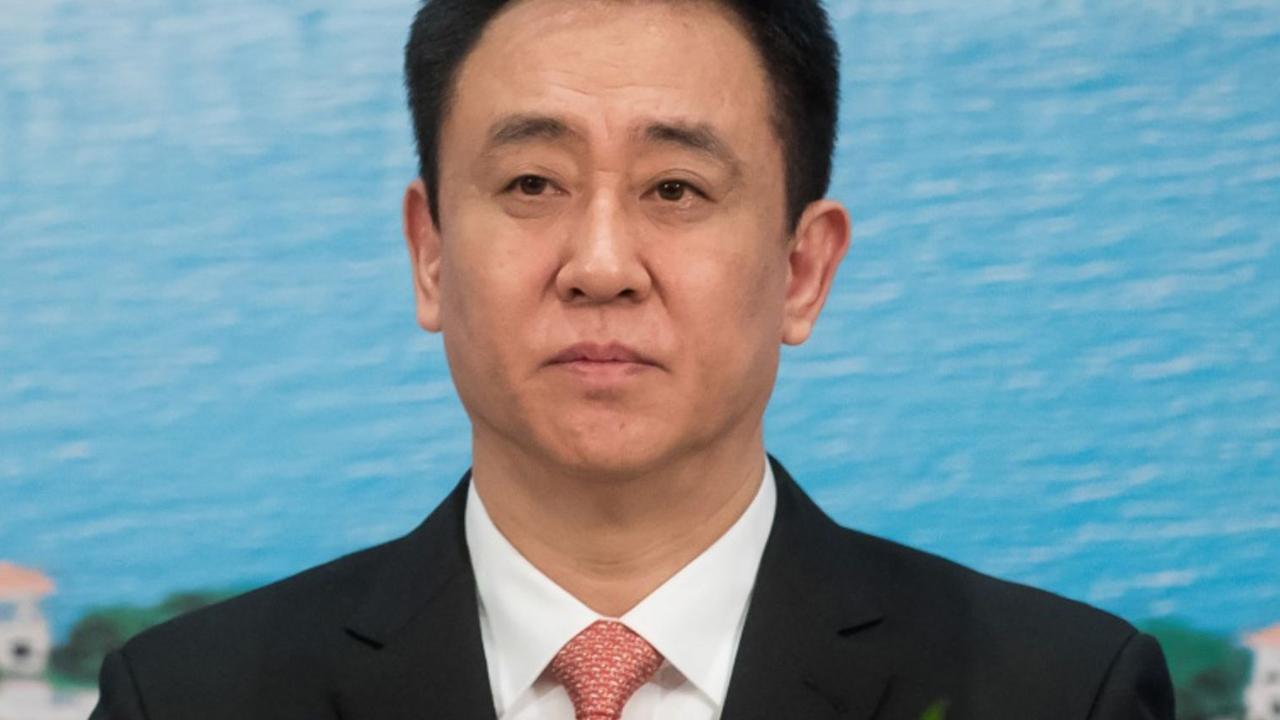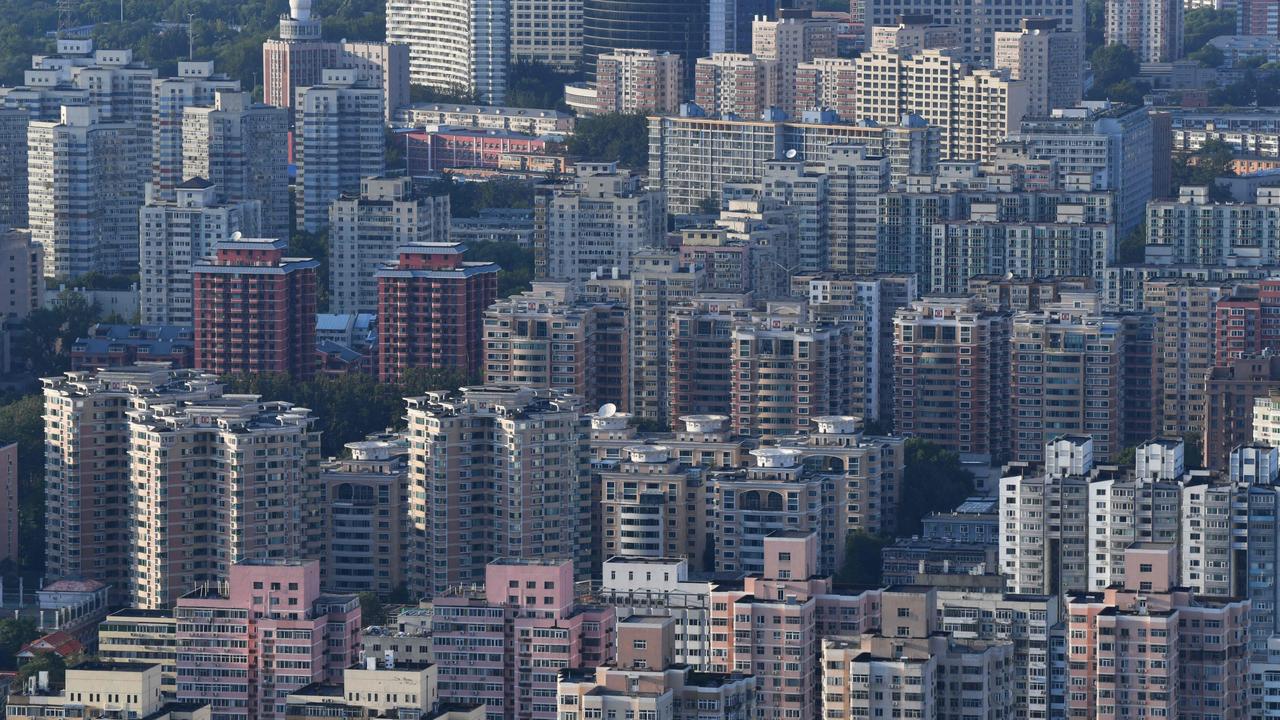Evergrande chairman Hui Ka Yan earned $11 billion in cash dividends while the company spiralled into debt
The world’s most indebted real estate company is on the verge of a catastrophic collapse – but its chairman and founder is still sitting pretty.
The world’s most indebted real estate company, Evergrande Group, might be on the verge of a catastrophic collapse, but its chairman and founder is still in a very comfortable position.
Hui Ka Yan, 62, has lost a substantial proportion of his wealth since March, when he was ranked 53rd on Forbes’ global rich list with $38 billion.
But there’s still plenty of money left. Forbes places his current wealth at $16 billion, while Bloomberg estimates it’s closer to $10.5 billion.
And he made a big chunk of that money while Evergrande was being driven further and further into debt.

Evergrande expanded rapidly as China’s real estate market soared, taking out a string of loans and snapping up assets. It is now the country’s second-largest property developer, with around 1300 developments across 280 cities.
But it has spiralled into deep financial trouble in recent years, due to falling property prices in smaller cities and measures the Chinese government imposed to curtail over-the-top borrowing in the property sector.
The company’s total liabilities have gone from $10.6 billion in 2009, when it went public on the Hong Kong Stock Exchange, to about $415 billion now.
That ballooning debt did not stop Mr Hui, who owns a 77 per cent stake in the company, from cashing in.
According to Forbes, about $11 billion of his remaining fortune came from cash dividends paid to him after Evergrande’s initial public offering.
Mr Hui earned about $5.5 billion in the years 2017 and 2018 alone – a period in which Evergrande’s debt increased by $88 billion.
Not bad for a man who was born into poverty in rural China and grew up working class. But it’s of little comfort to the potential victims of Evergrande’s collapse.

If the real estate giant does fail, the effects will be far-reaching.
In an alarming article over the weekend, Bloomberg’s Andrew Browne warned the Evergrande saga “may eventually blow up China’s entire economic growth model”.
He explained that China’s model had long been based on the “doubtful” idea that demand for real estate is “inexhaustible”, meaning prices will always rise.
In reality, Browne said, “migrant flows are drying up”. And as a result, there’s no one to buy all those shiny new apartments.
Last week, Rhodium Group director Logan Wright told The Financial Times, China had enough empty property to house more than 90 million people.
“It’s quite likely that Evergrande was intended as a controlled explosion – one big enough to get the attention of other highly indebted real estate firms headed towards insolvency, but not so big as to take down the entire property sector, and with it the Chinese economy,” Browne wrote.
“That doesn’t mean that China will escape unscathed.”
China’s housing sector took off after key 1998 market reforms that boosted the private market, rocketing up in a breathtaking building boom on the back of rapid urbanisation and accumulation of wealth.
But as prices soared, an anxious government fretted about wealth disparity and the potential for social instability.
The average apartment price was 9.2 times disposable income last year, according to services firm E-House China. That prices many people out of the market.
Highly leveraged developers have also prompted fears of financial instability. Last year, Beijing introduced metrics to cap debt ratios called “three red lines” and tightened scrutiny over crucial funding raised by pre-sale deposits.
The plan was to “reduce the risk of the riskiest”, said Dinny McMahon, from the consultancy firm Trivium.
“The idea was that this would be a mechanism to force the most risky developers to pare back their debt levels,” Mr McMahon said.
“And those that were less risky – it gave them scope to continue growing.”

Evergrande, founded by Mr Hui in the mid-1990s, was at the forefront of China’s rapid real estate expansion. Now it is drowning in liabilities.
All eyes are on how the crisis will be handled by the Chinese government, which has so far remained quiet, with lingering fears over consumer confidence and an already weakening property market.
“What starts off as a problem exclusively for Evergrande today could snowball to take in other relatively weak developers tomorrow,” Mr McMahon warned.
Capital Economics’ chief Asia economist, Mark Williams, said China was entering “an era of sustained decline” in terms of residential property demand. Sharp price falls will make it harder for developers – even those with healthier balance sheets – to finance construction.
If debt-burdened Evergrande is carefully unpacked, most of the risk can be ring-fenced, analysts say, with reports the government is already taking over some stalled projects to restart construction.
“If well-managed, extensive fire sale of properties by Evergrande could be prevented,” Tommy Wu of Oxford Economics told AFP.
But if it sparks wider problems, he added, the government will likely have to ease the red lines and engineer a softer landing.
– With AFP
More Coverage
Originally published as Evergrande chairman Hui Ka Yan earned $11 billion in cash dividends while the company spiralled into debt




